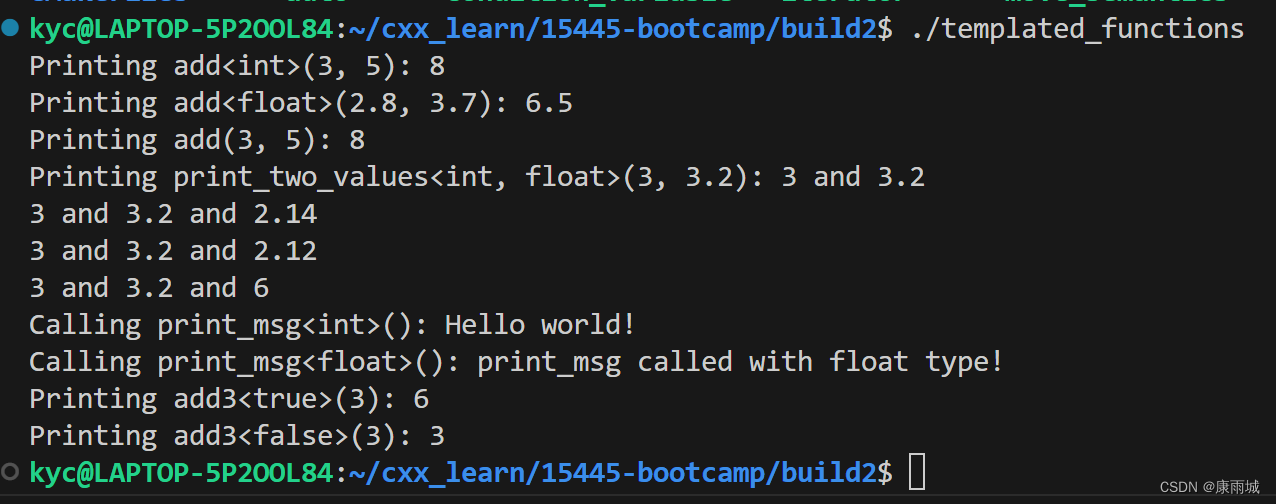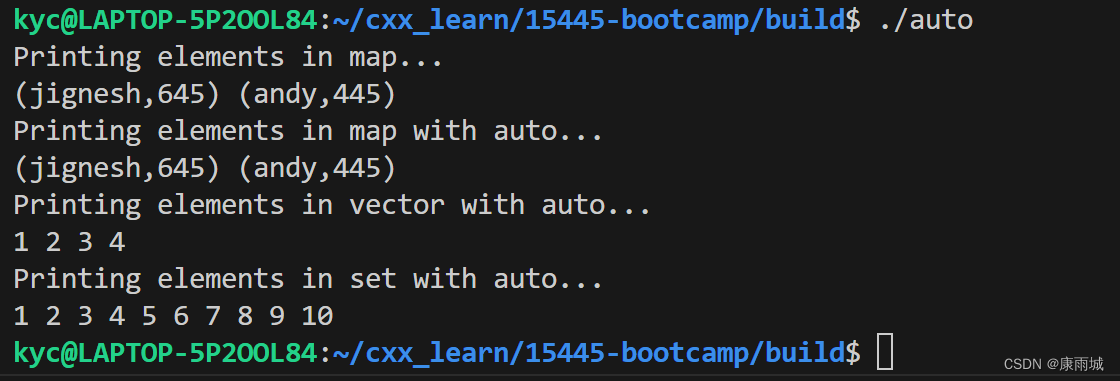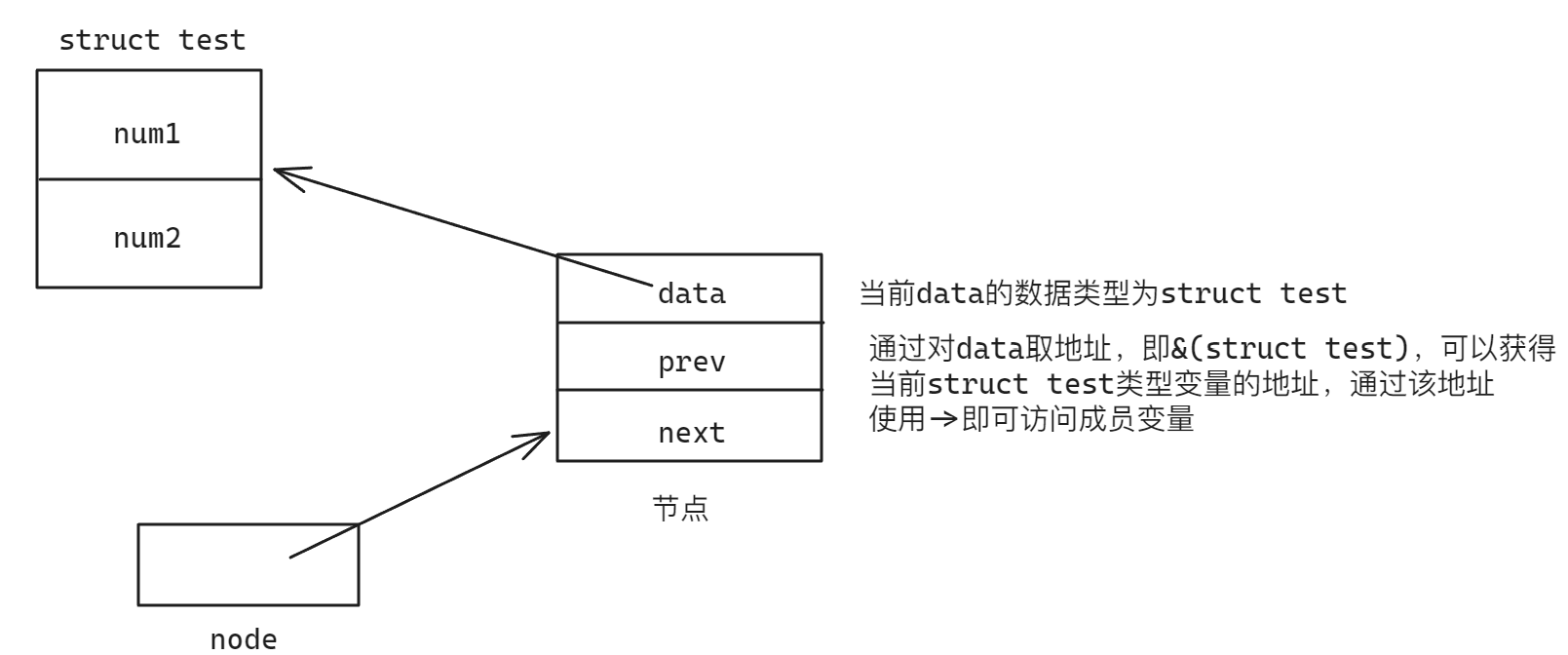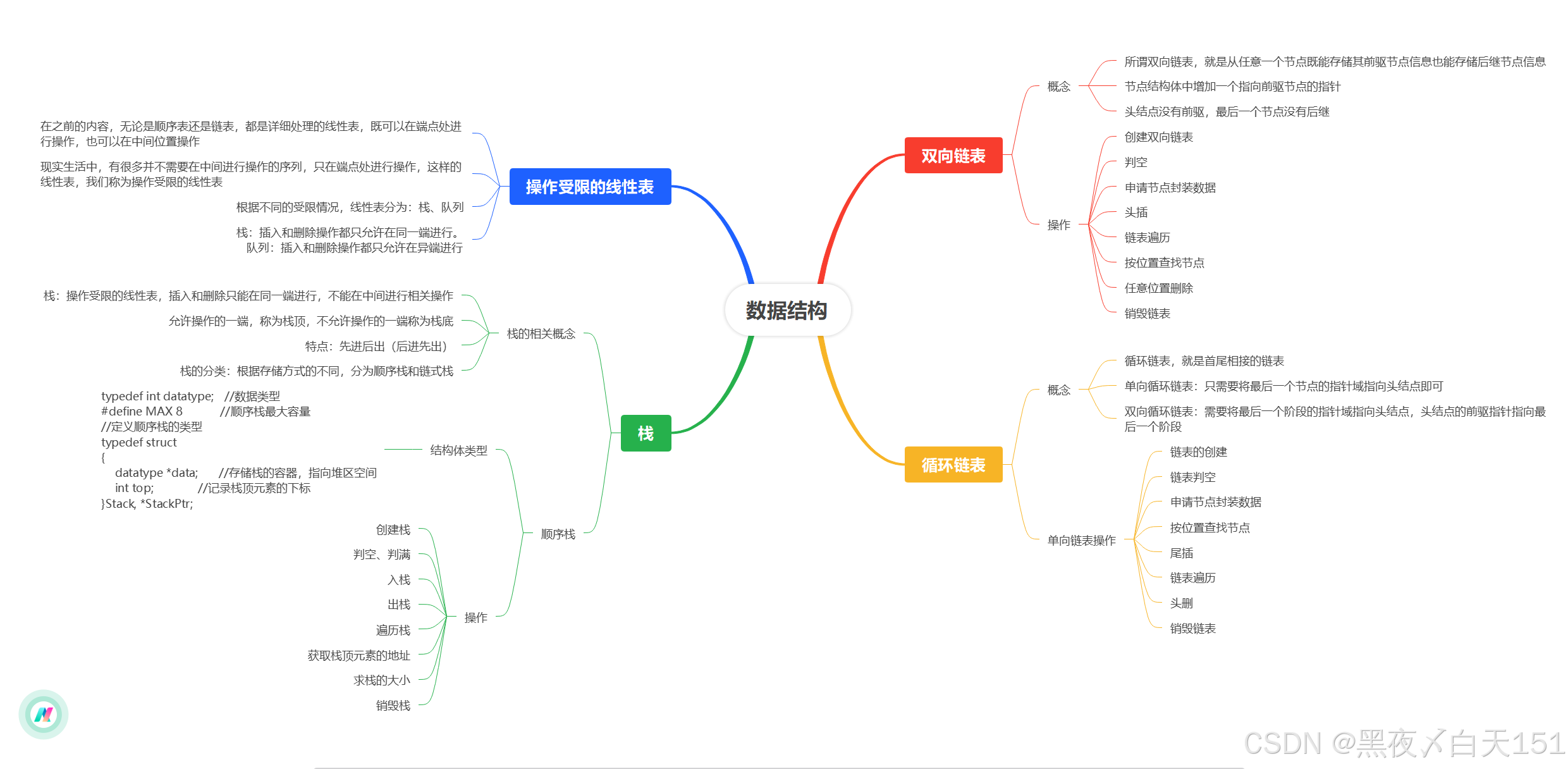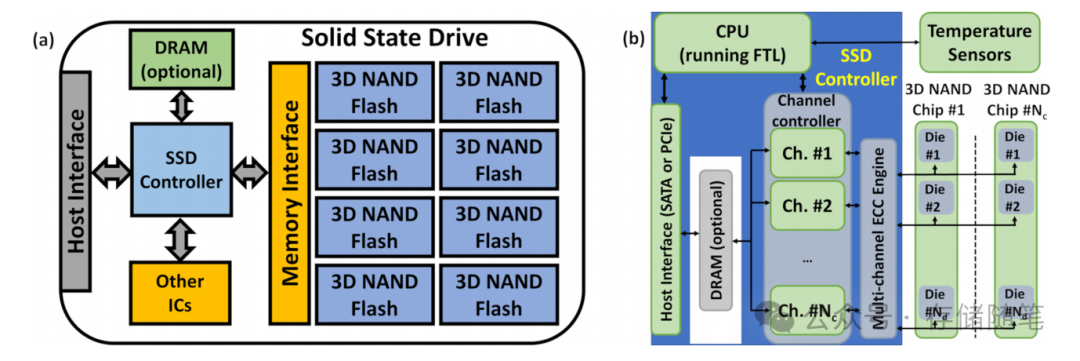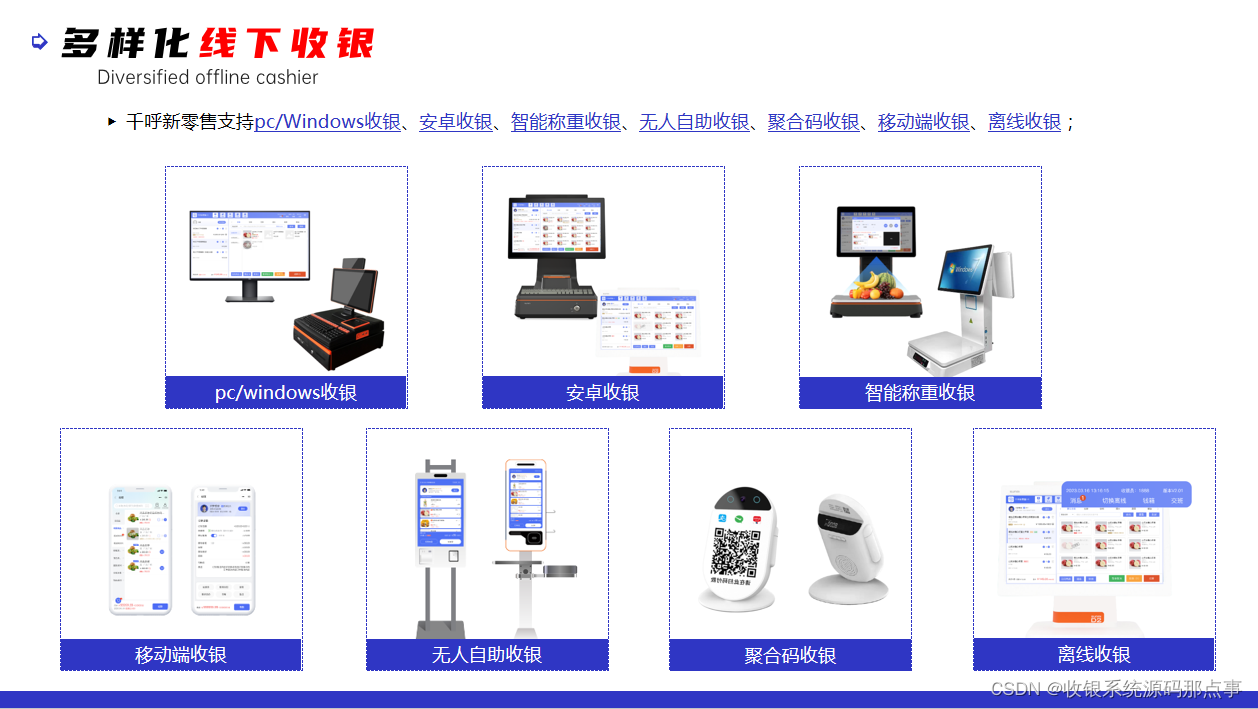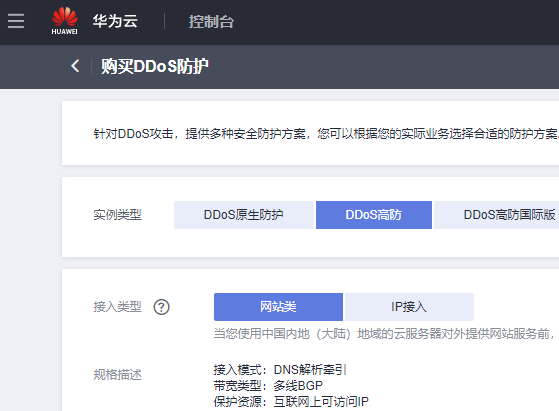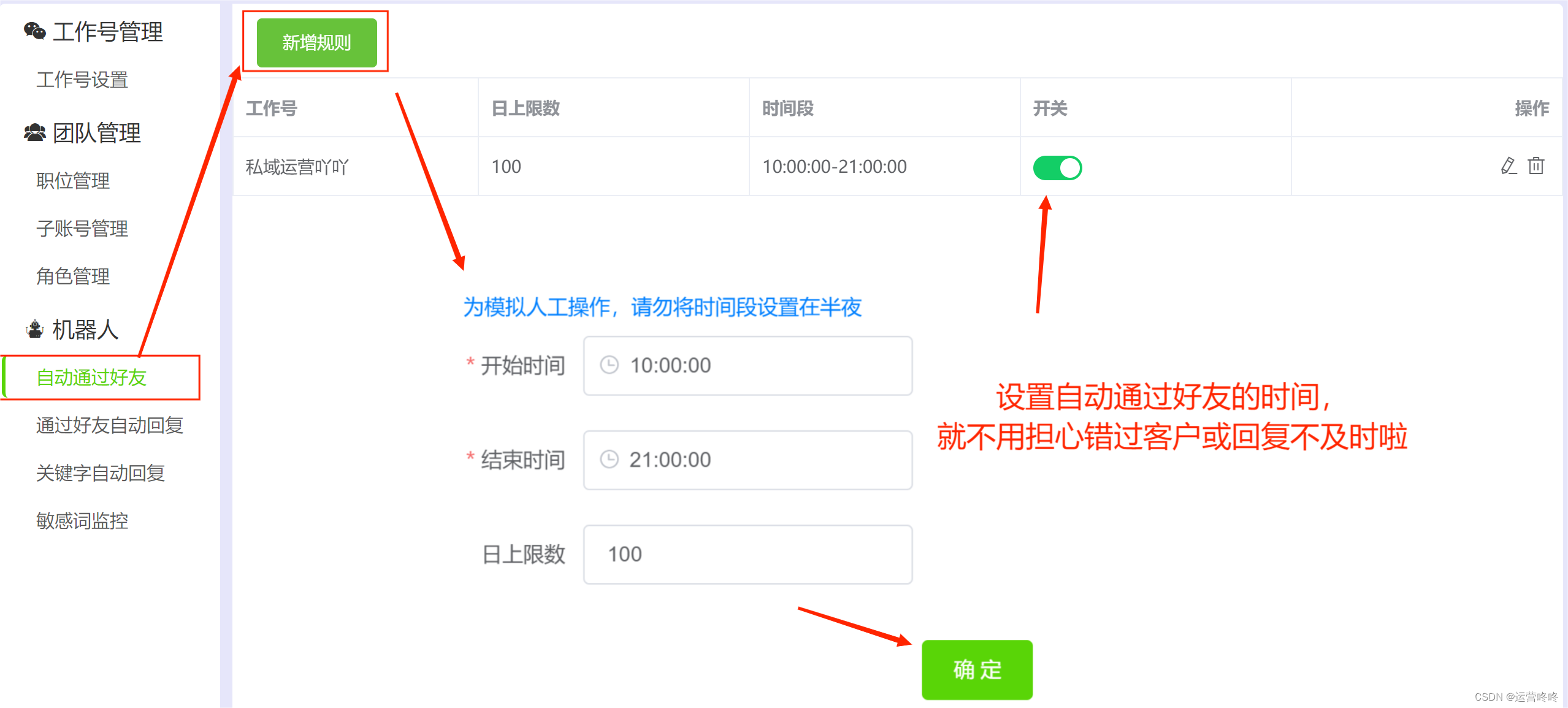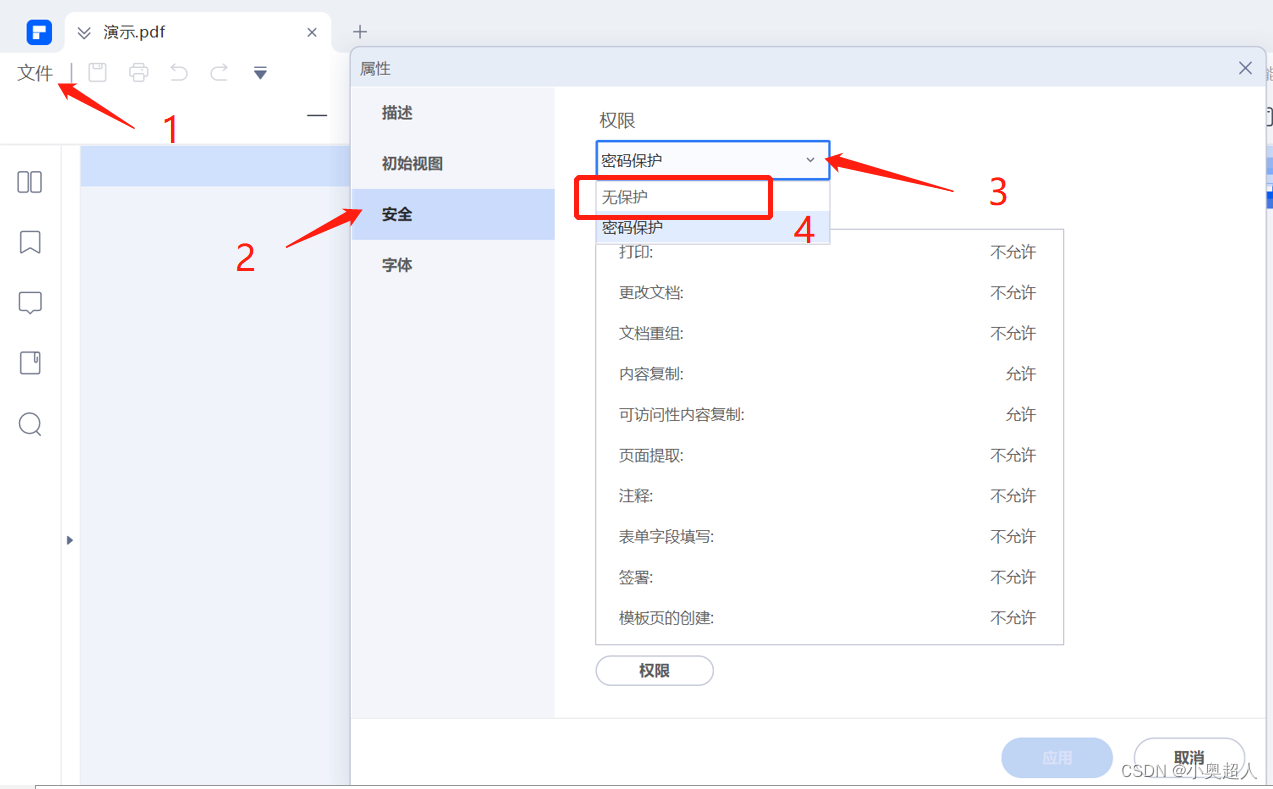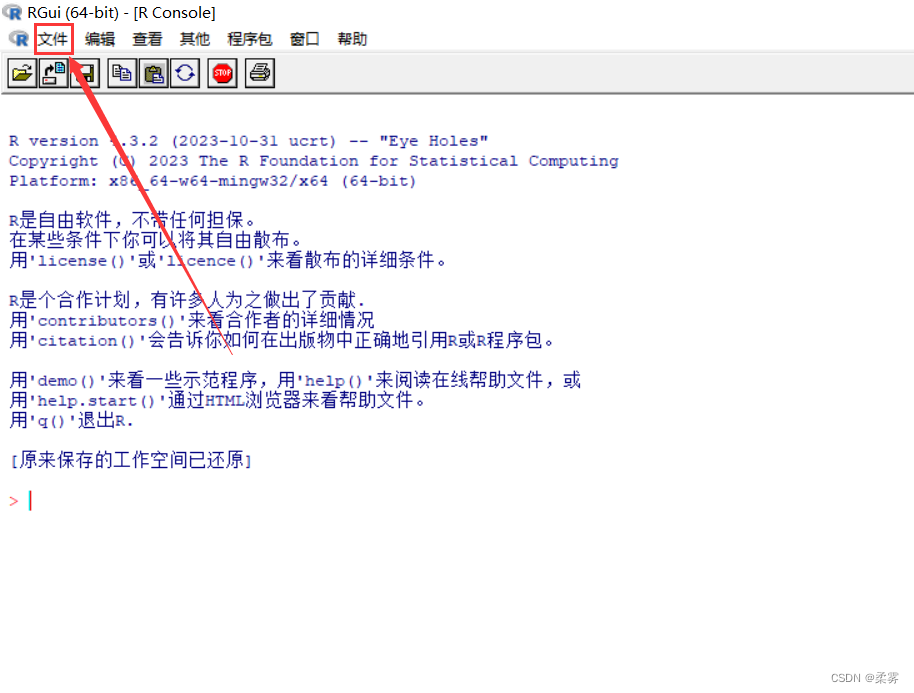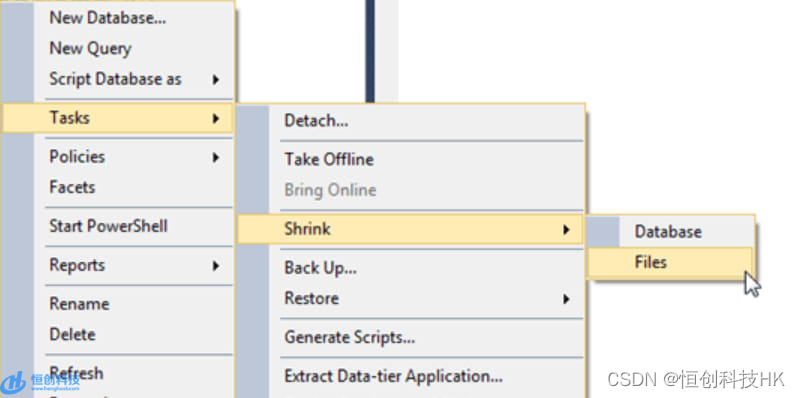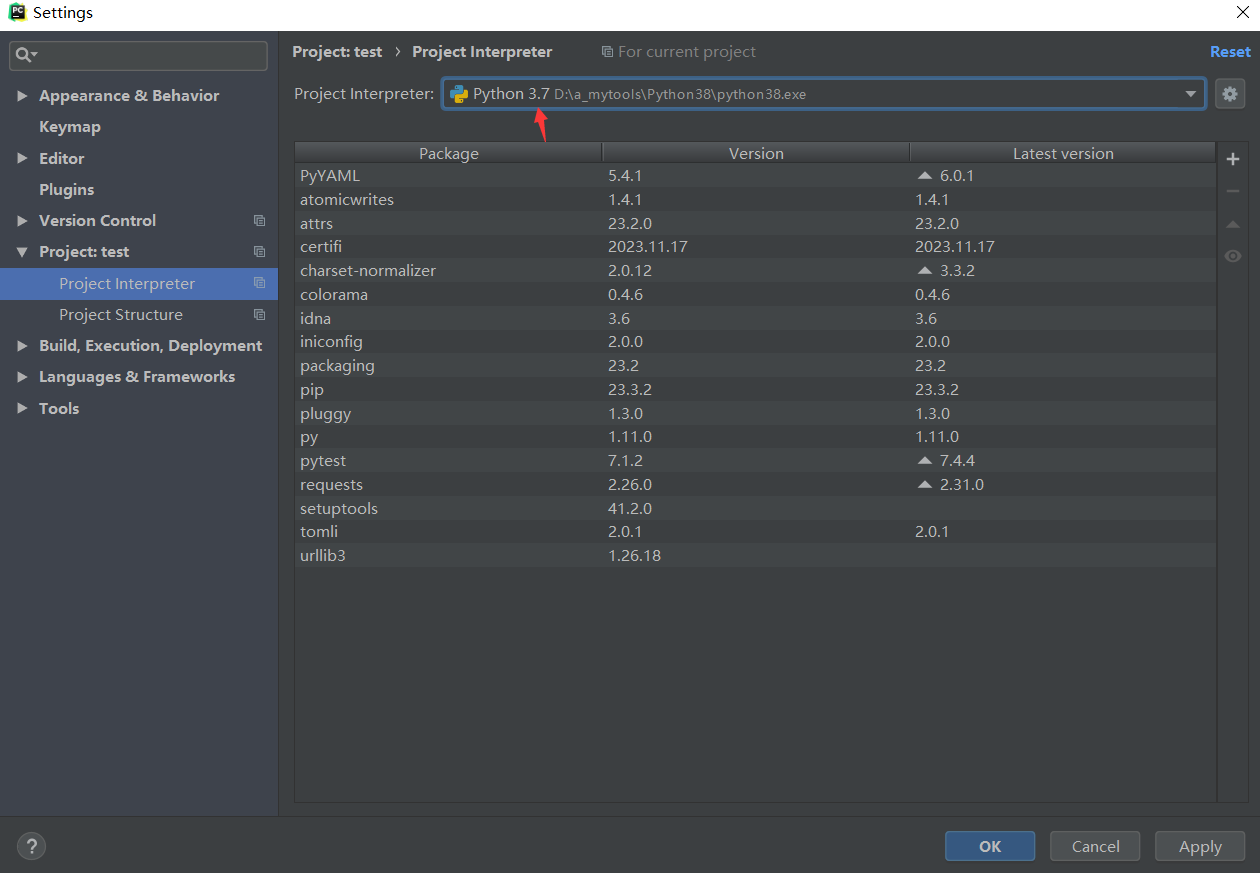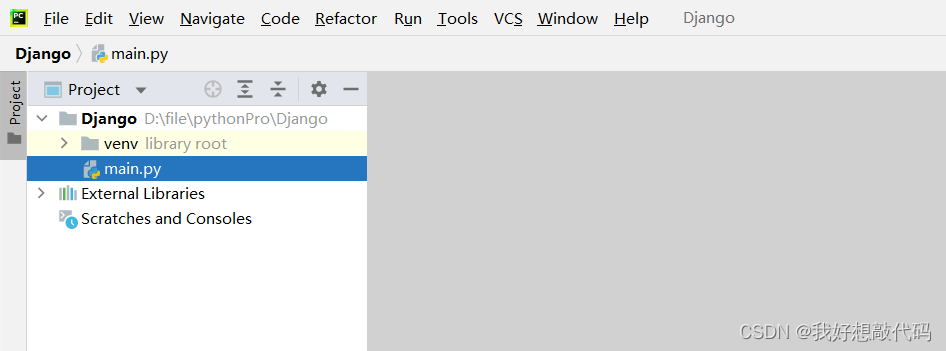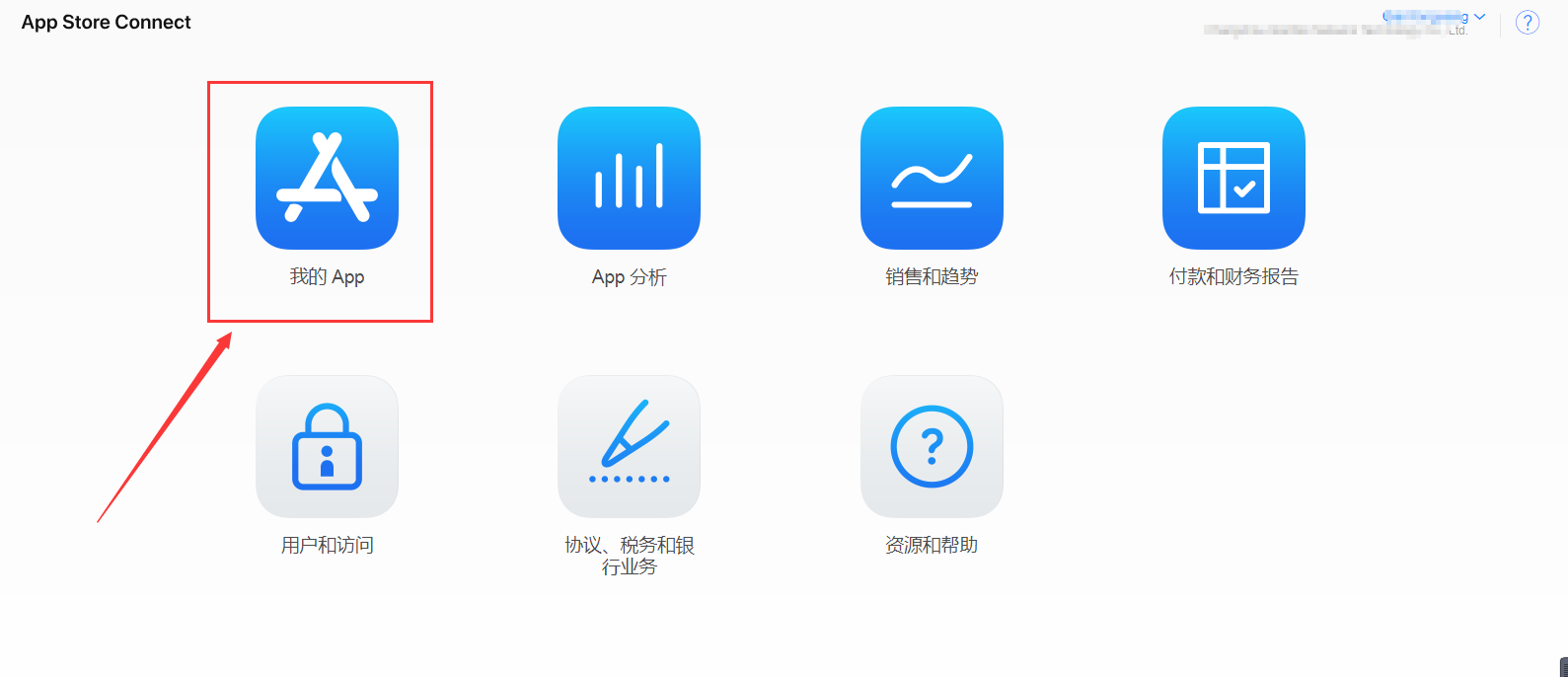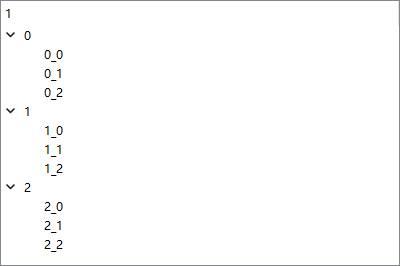一、template模板类
除了模板方法【cmu15445c++入门】(4)c++中的模板方法
模板也可以用来实现类
二、代码
/**
* @file templated_classes.cpp
* @author Abigale Kim (abigalek)
* @brief Tutorial code for templated classes.
*/
// Includes std::cout (printing).
#include <iostream>
// Templates can be also used to implement classes. For instance, here is a
// basic templated class that stores one element of a templated type and
// prints it when the print function is called.
//模板也可以用来实现类
template<typename T>
class Foo {
public:
Foo(T var) : var_(var) {}
void print() {
std::cout << var_ << std::endl;
}
private:
T var_;
};
// You can also pass in multiple type names via templates into classes.
// For instance, here's another basic templated class that stores two
// elements of a templated type and prints them when the print function
// is called.
// 模板类可以支持多个类型
template<typename T, typename U>
class Foo2 {
public:
Foo2(T var1, U var2)
: var1_(var1)
, var2_(var2) {}
void print() {
std::cout << var1_ << " and " << var2_ << std::endl;
}
private:
T var1_;
U var2_;
};
// It is also possible to create specialized templated classes, that do
// different things for different types. Take the following contrived example,
// which instantiates a class with a print function that outputs the value of
// the variable stored if it's any other type but float. If the class is
// instantiated with a float type, it prints out hello float and the variable
// the class stores in its var_ field.
//模板类也可以针对特定的类型做特定的处理
template<typename T>
class FooSpecial {
public:
FooSpecial(T var) : var_(var) {}
void print() {
std::cout << var_ << std::endl;
}
private:
T var_;
};
// Specialized templated class, specialized on the float type.
template<>
class FooSpecial<float> {
public:
FooSpecial(float var) : var_(var) {}
void print() {
std::cout << "hello float! " << var_ << std::endl;
}
private:
float var_;
};
// Template parameters don't have to be types. They can also be values!
template<int T>
class Bar {
public:
Bar() {}
void print_int() {
std::cout << "print int: " << T << std::endl;
}
};
int main() {
// First, let us construct an object from a templated class. The Foo
// class template is instantiated with an int template argument. This
// would make a's type class Foo<int> instead of Foo. a's print
// function works as expected.
Foo<int> a(3);
std::cout << "Calling print on Foo<int> a(3): ";
a.print();
// It is also possible for a templated class to interpret the type
// of its arguments. Once again, if you're a beginner, think twice
// before doing this if you are unsure of the types you are
// instantiating your class with.
Foo b(3.4f);
std::cout << "Calling print on Foo b(3.4f): ";
b.print();
// Second, we construct an object from a templated class with multiple
// type arguments.
Foo2<int, float> c(3, 3.2f);
std::cout << "Calling print on Foo2<int, float> c(3, 3.2f): ";
c.print();
// Let's see what happens when we instantiate FooSpecial both with
// and without the float type argument. As expected when we call
// print from d, it prints the variable and not "hello float".
// When we call print from e, which is an instance of the
// instantiated FooSpecial<float> class, it prints hello float!
FooSpecial<int> d(5);
std::cout << "Calling print on FooSpecial<int> d(5): ";
d.print();
FooSpecial<float> e(4.5);
std::cout << "Calling print on FooSpecial<float> e(4.5): ";
e.print();
// Lastly, let's see what happens when we construct an object from a
// templated class with non-type arguments.
Bar<150> f;
std::cout << "Calling print_int on Bar<150> f: ";
f.print_int();
// Once again, these are contrived examples, but it is still important
// to understand them you'll be seeing code similar to this in the Bustub
// codebase, so it's good to understand templated classes in these contexts!
// 最后,需要注意的是,以上大多数都是人为的示例,但还是要理解下,可能在海量的代码中看到。
return 0;
}三、运行结果


